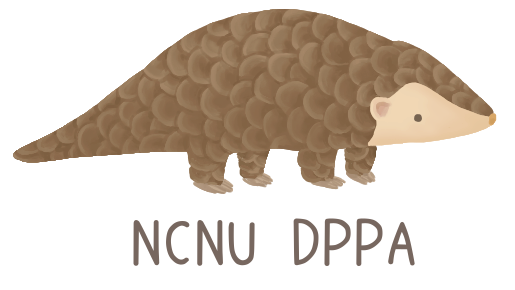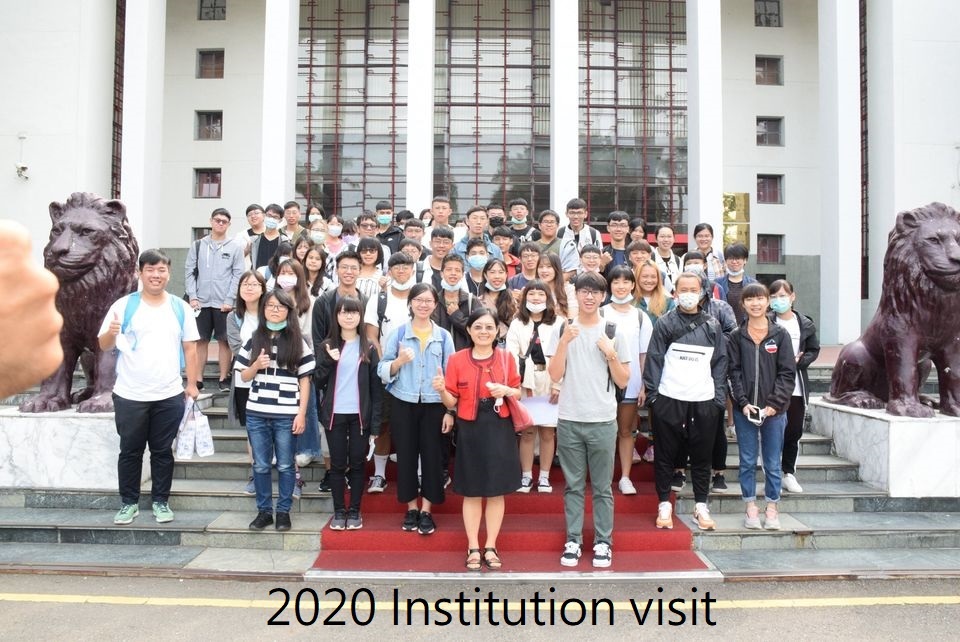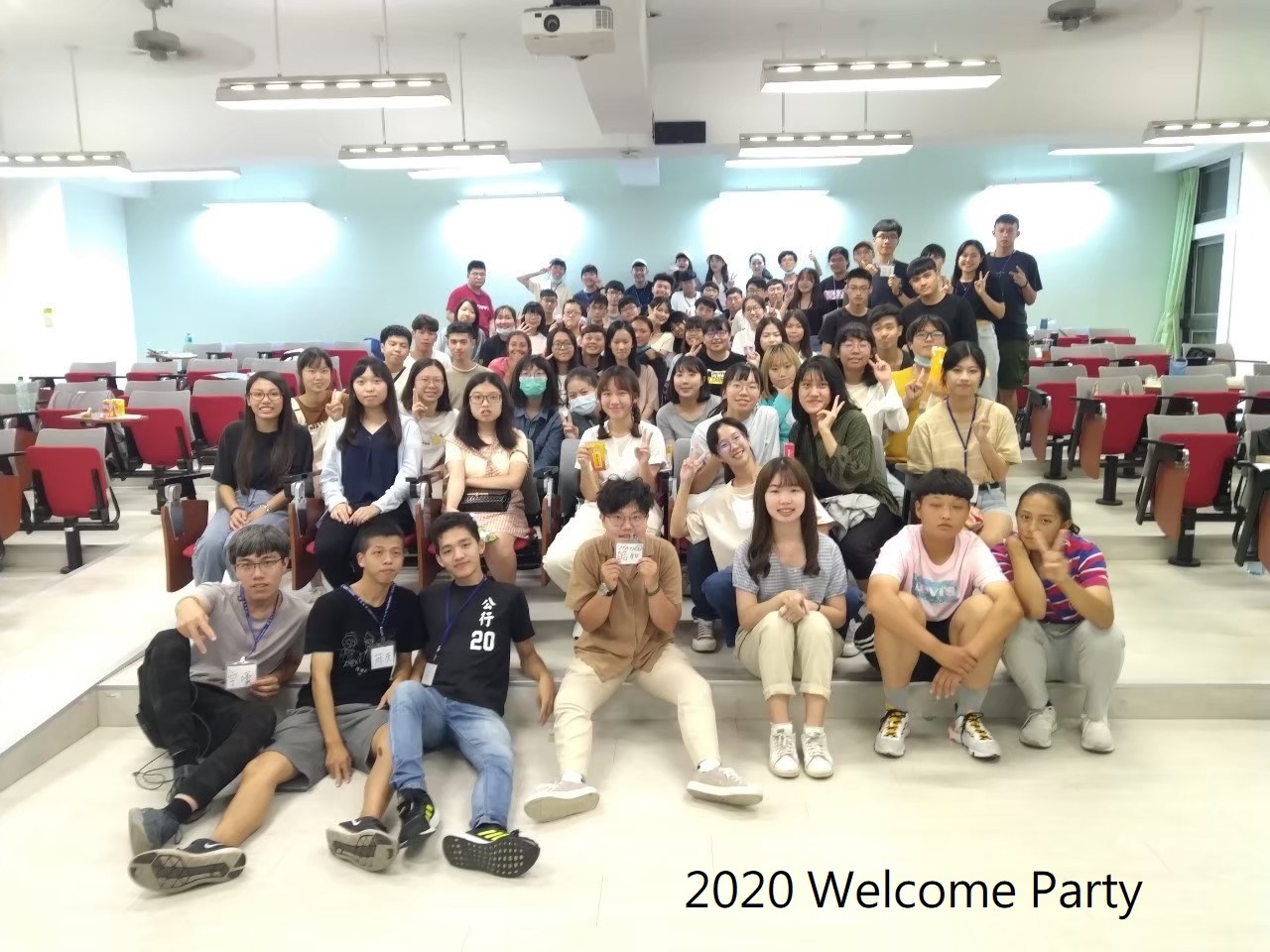公行微電影 Dppa Video
|
|
English Version
about us
 About us
|
 |
 |
/ Introduction /
After the end of the cold war, in an era of authoritarian transition, it is clear that Taiwan’s political and economic structures are decomposing, and our public administration and public policy are disconnected from societal demands. Consequently, DPPA emphasizes the integration between theory, practice, and reality. Our objectives are to assist in the restoration of social orders and in the promotion of state capacity by reconstructing our knowledge in and of public administration and policy and by clarifying the administrative problems in Taiwan.
We value theory as well as practical. Furthermore, how we look at a problem of the present is even more important. The teaching of our department focuses on both theory and practical experience on policy making, policy implementation, and administration management. Also, in order to develop international view and view on history, the recognition and analysis of politics and economic situation around the world is a must, so as to develop applicable policy and strategy.
Owing to the impact of democratization and globalization, people and system are the variability that would alter Taiwan’s future. The objective of our department is to cultivate professionals with international view, and to construct a system frame work of new public administration theory and government-international relationship that meets the local need.
Our department also place importance on international cooperation. We encourage international academic exchange by means of international conference, academic exchange or cooperate through research.
Our department is expected to cooperate closely with academic research centers in Taiwan and abroad.
1. To become a crucial department for policy research and administration localization
2. To become the educational center for government officials in Central Taiwan area
3. To become the think tank in administration and cooperation policy of international organizations
/ Mission /
 |
1. Cultivating specialists for policy analysis and administrative management (1) through the extension programs which incorporate teaching and research; and (2) by training them to emphasize the importance of combining theory, practice and historical realities. 2. devoting research efforts to study major issues in public administration and public policy; 3. emphasizing the extension and international academic exchange programs through which student’s vision and perspective are strengthened and expanded. |
/ Features /
Under the current situation in which the evolution of domestic and international politics and economy is fluid, DPPA is oriented toward cultivating specialists in policy analysis and administrative management. Compared with the other public administration departments in Taiwan, DPPA retains the essentially fundamental and professional courses, but deletes the courses that are narrowly focused or are incoherent to the direction of the development of this department. In addition, DPPA particularly emphasizes the teaching in local government and regional study within which the latter is a special feature of this university.
In research, problem solving and policy introspection ability enables students to establish their theory foundation. We will try to cultivate students’ ability on policy making, policy implementation, and administration management. The most important of all is to upgrade government’s administration proficiency.
In practical, we wish to strengthen the cooperation and interaction among the government in the central area, local communities, and NGOs. To assist NGOs to promote civil society concept; to assist local communities to create their own special community culture; to assist local government to upgrade its administration capability.
In other words, we see ourselves as the think tank of the local government of Central Taiwan. We are expected to go
deeper on local development research issues, to arouse local community energy, to reform local government on administration efficiency, and to promote civil society idea.
/ Curricula /
The curriculum is divided into five areas: core courses, public administration, public policy, local government, and Asian-Pacific study. The rationale is to enable the students to understand the domestic and international political and economic changes and trends and to enhance their ability in solving the related problems.
The undergraduate students of our department is required to take 132 credits to graduate, which includes 13 credits of basic course for all students, 12 credits of general education, 80 credits in obligatory courses of the department, and 27 credits of elective courses. In addition, students should finish 6 weeks of administration practical training session.
For graduate program students, they are required to take 36 credits (does not include 6 credits of thesis writing) in order to graduate, which include 9 obligatory credits and 27 credits for elective courses. Furthermore, they are required to publish at least one academic thesis before gradation (does not include in-service education program). Before taking the thesis oral exam, thesis guideline oral exam should be taken and approved beforehand.


